The Value of a History Degree
Careers for History Majors
Learning history lays the groundwork for future success. We’ve gathered data, advice, and personal stories to show what a degree in history can do for you.
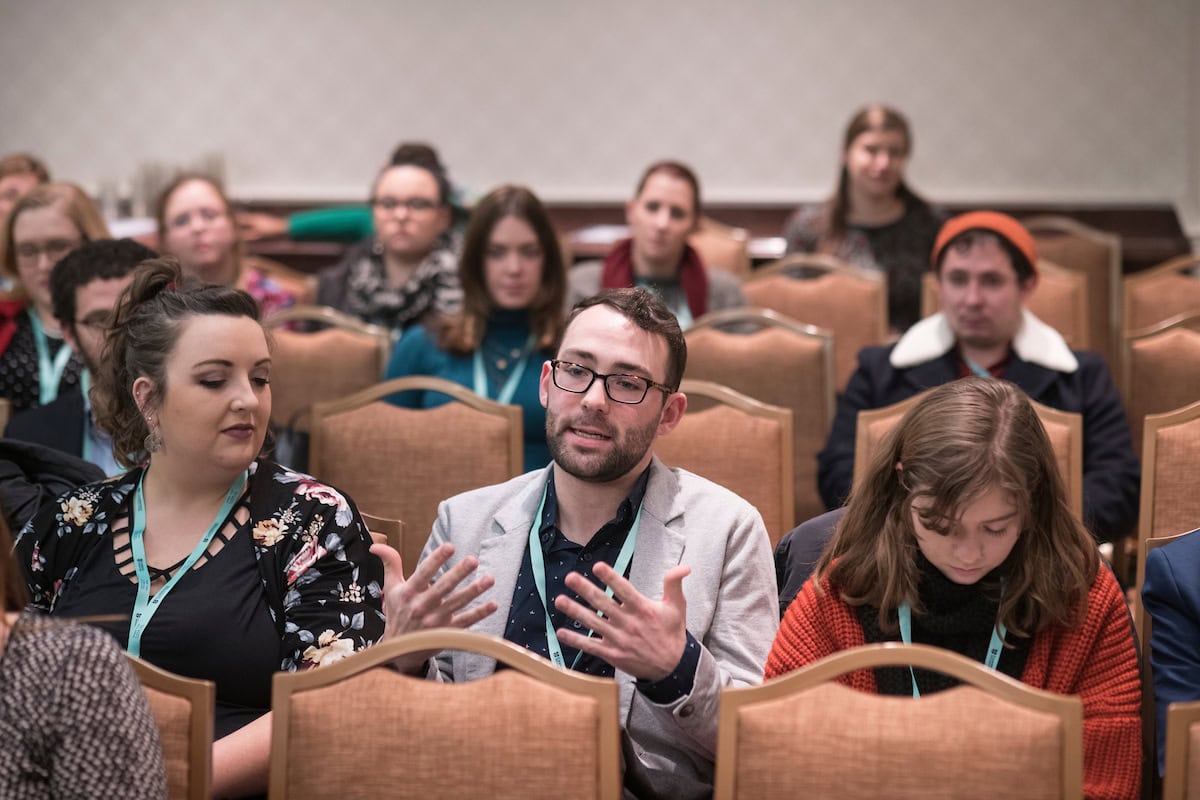
In Their Own Words
What is the value of a history degree? Read testimonials from history majors.

Department Advocacy Toolkit
The AHA has assembled this toolkit to help departments, administrators, advisers, and students navigate the AHA’s library of resources in order to better articulate the value of studying and majoring in history.
Directory of History Departments and Organizations
Our Directory of History Departments and Organizations features comprehensive information about historians and programs. The AHA Directory Online provides for detailed searching of faculty/staff and their field specializations, as well as the ability to do benchmarking comparisons between departments.
What Do Students Learn in History Courses?
Tuning the History Discipline
The AHA’s Tuning Project (2012-16) asked historians to clarify and demystify the core goals and the key skills pursued in our discipline. Working collaboratively across more than 150 two- and four-year colleges and universities in the United States, accomplished history faculty convened to answer a basic question: when students complete a program in history, what should they know, understand, and be able to do?

History Discipline Core
What do students learn in history courses? The culmination of years of collaboration and research, this statement summarizes key skills, knowledge, and habits of mind at the core of our discipline.

Programs of Study
Tuning participants wrote descriptions of history degree programs across the country at different types of institutions. The profiles communicate the purpose and characteristics of each program, what students can expect to learn, and what careers graduates tend to pursue.
Academic Department Resources
The AHA provides resources and hosts a variety of events and opportunities to benefit department chairs and build community, including webinars, sessions at the annual meeting, and an in-person workshop.
Reconsidering the Introductory History Course
History Gateways
The AHA’s History Gateways initiative explores strategies for improving introductory college-level history courses to better prepare students from all backgrounds for success in a complex society.
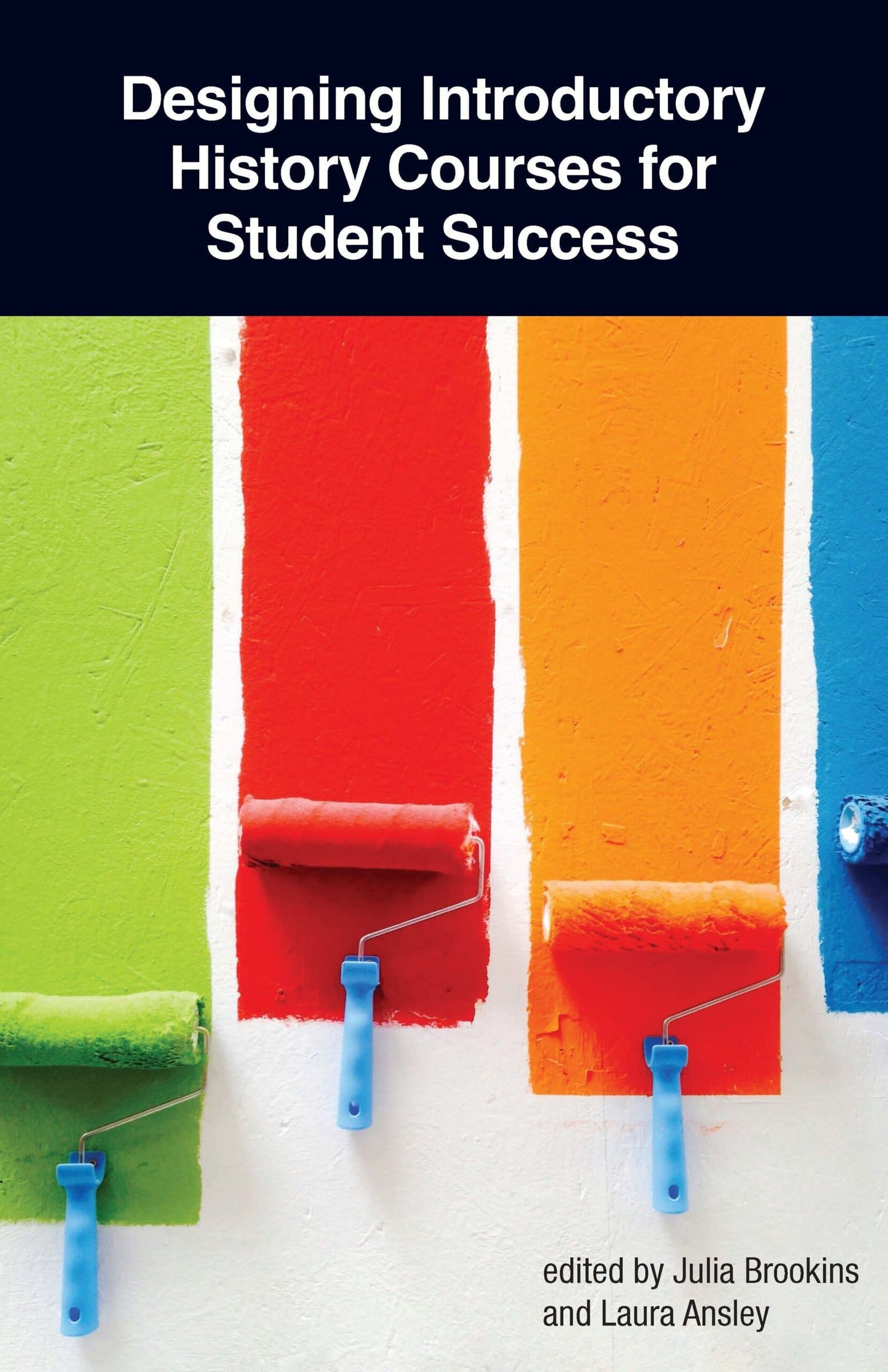
Booklet on Introductory History Courses
The AHA's new booklet, Designing Introductory History Courses for Student Success, collects data and perspectives on what instructional faculty and other higher education decision-makers can do to put the history discipline to work for today's students.
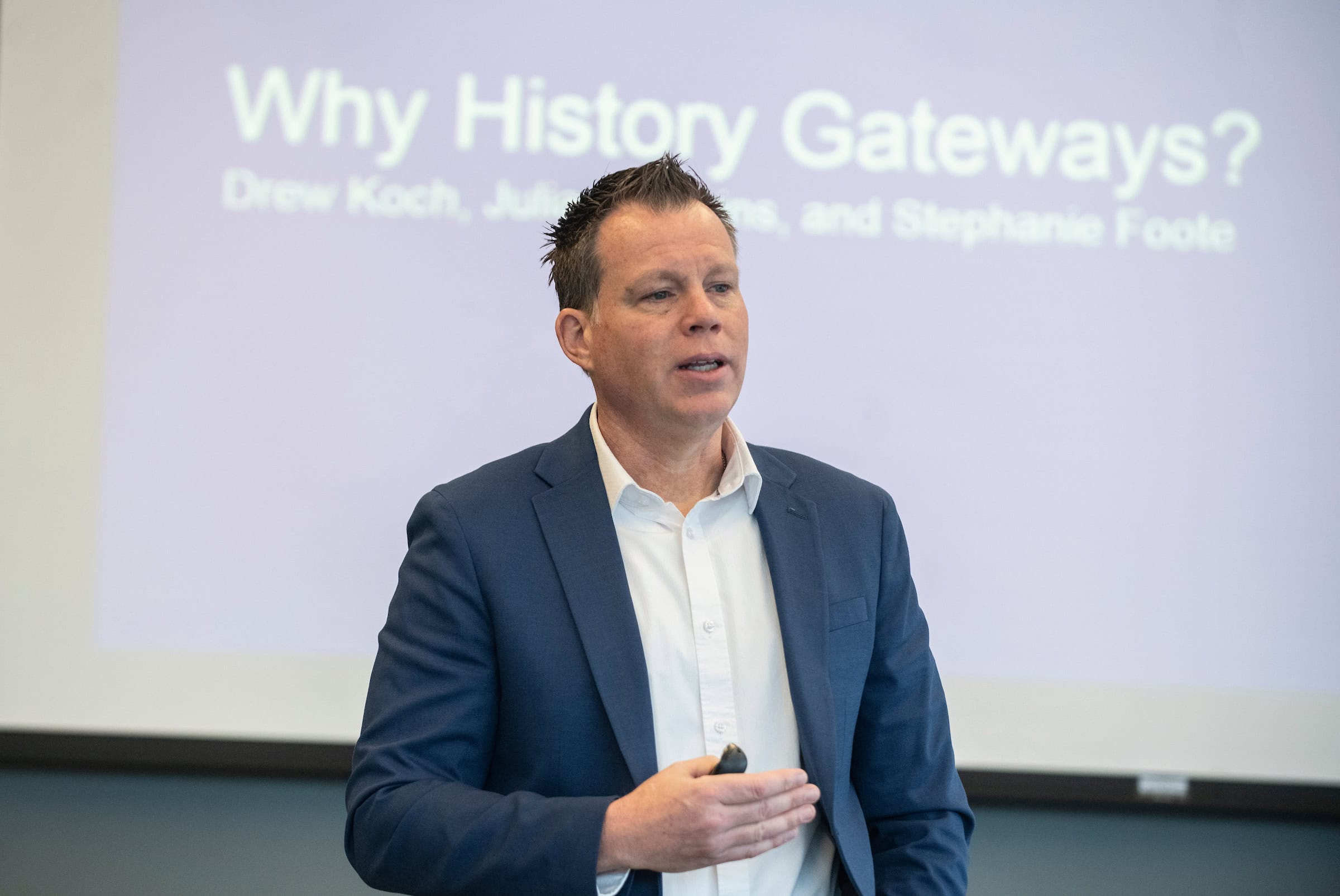
History Gateways Resources
Recommended readings on introductory history courses.
Teaching History with Integrity
Through Teaching History with Integrity, the AHA leads or participates in several initiatives to provide resources and support for history educators facing intensifying controversies about the teaching of the American past. Historians have a crucial role to play as participants in public deliberations about how to engage students in truthful and rigorous inquiry in history classrooms.
Supporting Two-Year Colleges
Community Colleges
The AHA supports two-year college history faculty and students through relevant online and in-person programming, publications, advocacy, and member benefits. Learn how our initiatives amplify the efforts of this vital constituency.
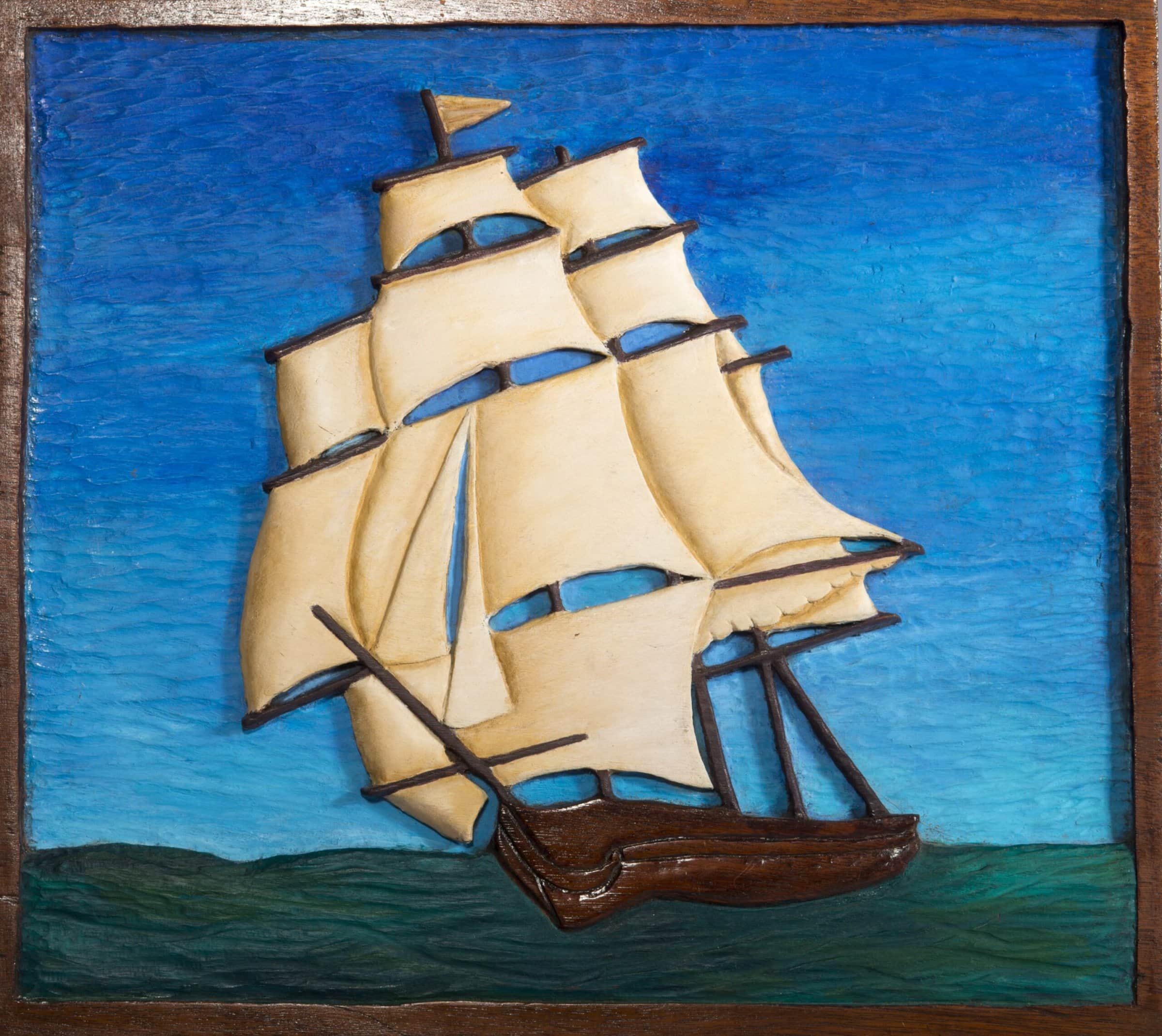
Globalizing the US History Survey
The AHA hosted a professional development program in 2012-2016 to promote a global perspective on US history at the country’s increasingly diverse two-year institutions.
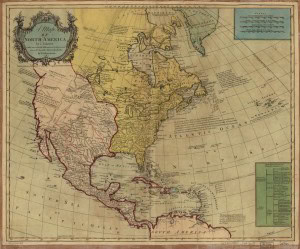
Globalizing the US History Survey: Resources
Participants created or revised US history courses with lessons, units, and other work to deepen teaching on the US in the world.
Online Events
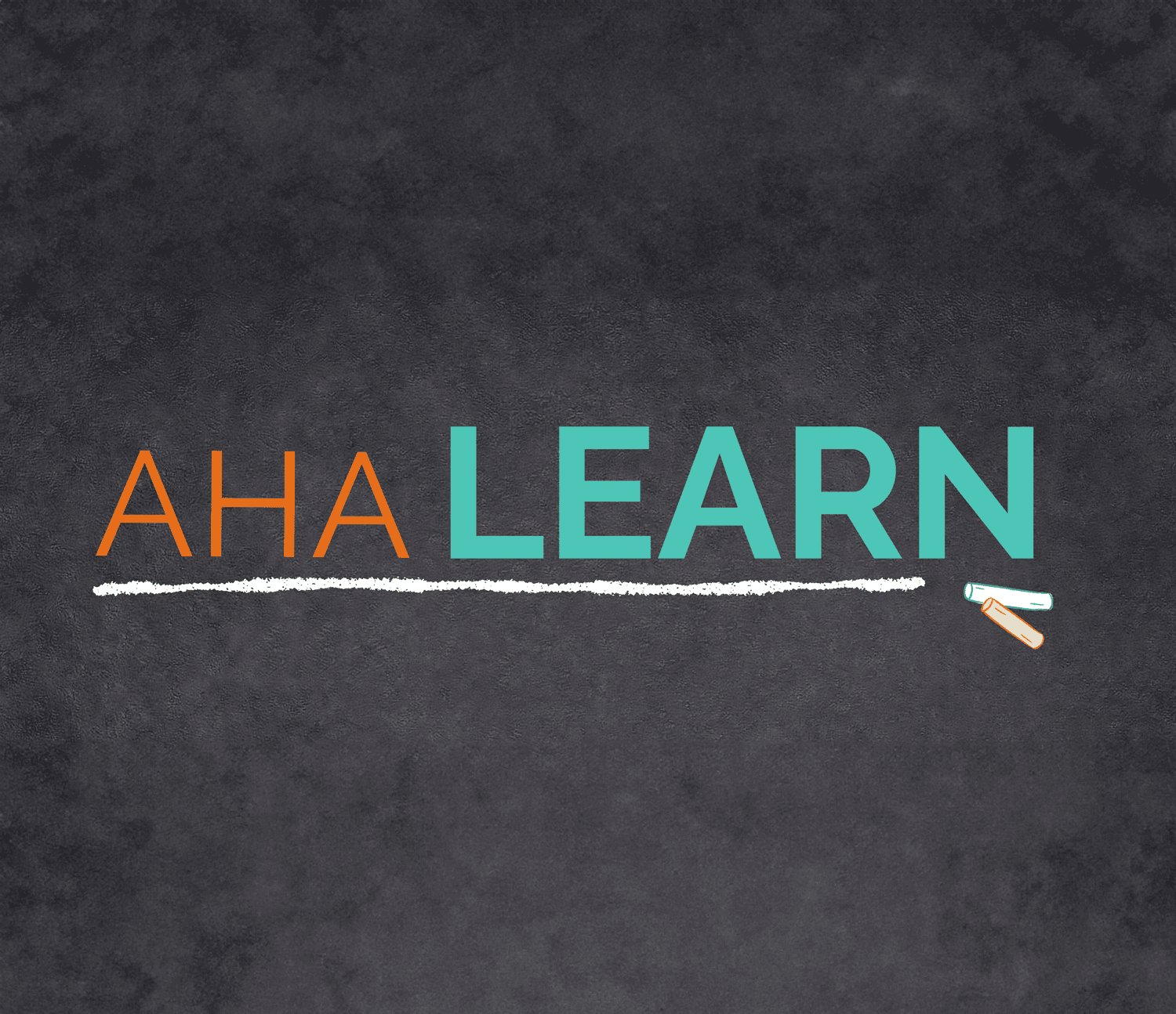
AHA Learn
Are you interested in the latest conversations about teaching and learning? Join us for our regular series of online programs that are free and open to the public.

Online Programs for Department Chairs
Since 2020, AHA has hosted a regular series of online webinars to support the work of history department chairs. The webinars are small group discussions facilitated by experienced department chairs on topics related to the faculty-facing, student-facing, and administrative-facing work of chairs.
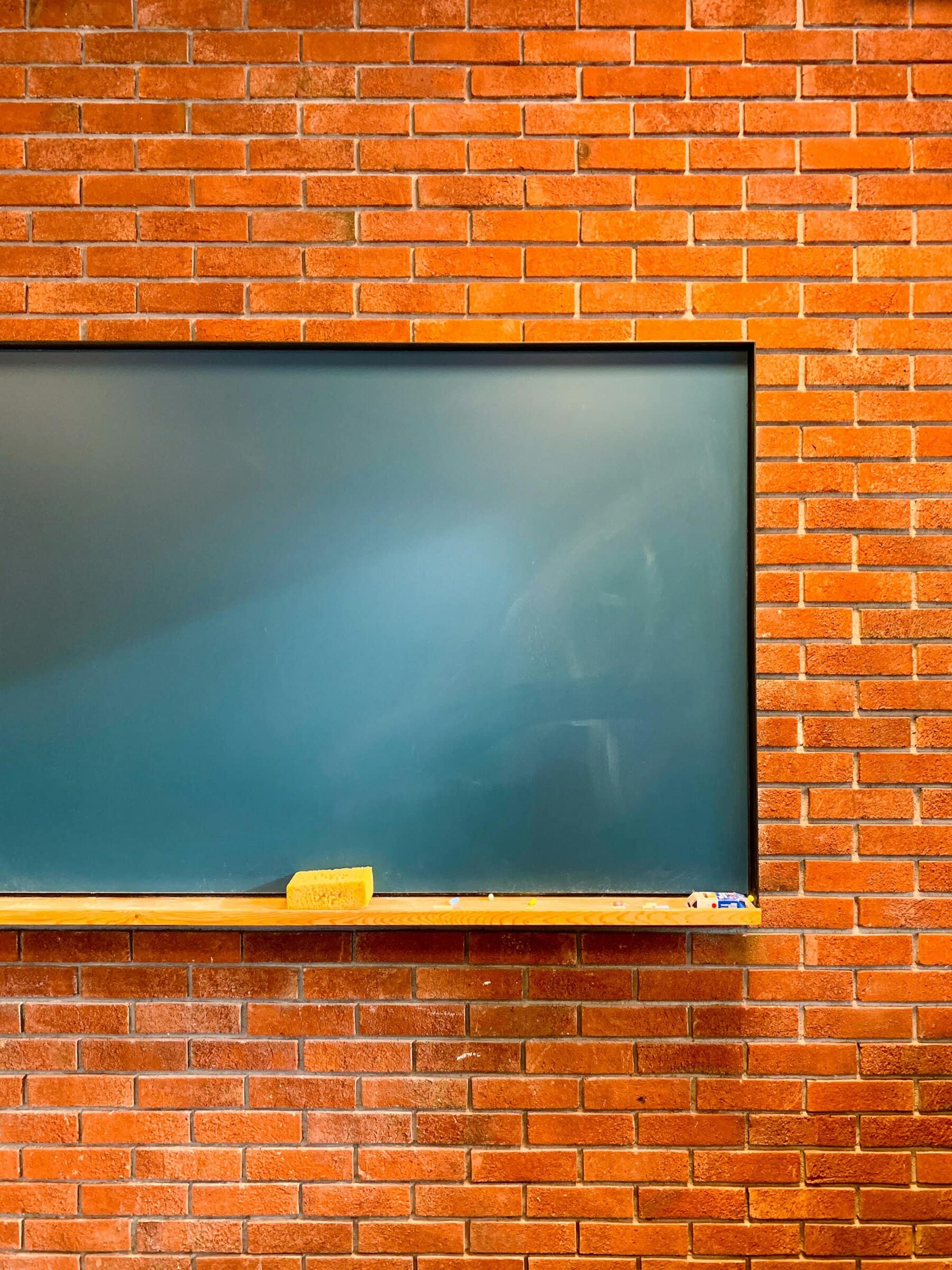
Online Teacher Institutes
The AHA hosts online professional development programs for educators, including middle and high school teachers and 2- and 4-year college faculty.
Conferences & Workshops
Undergraduates at the Annual Meeting
Information on undergraduate sessions and resources for students interested in attending the annual meeting.
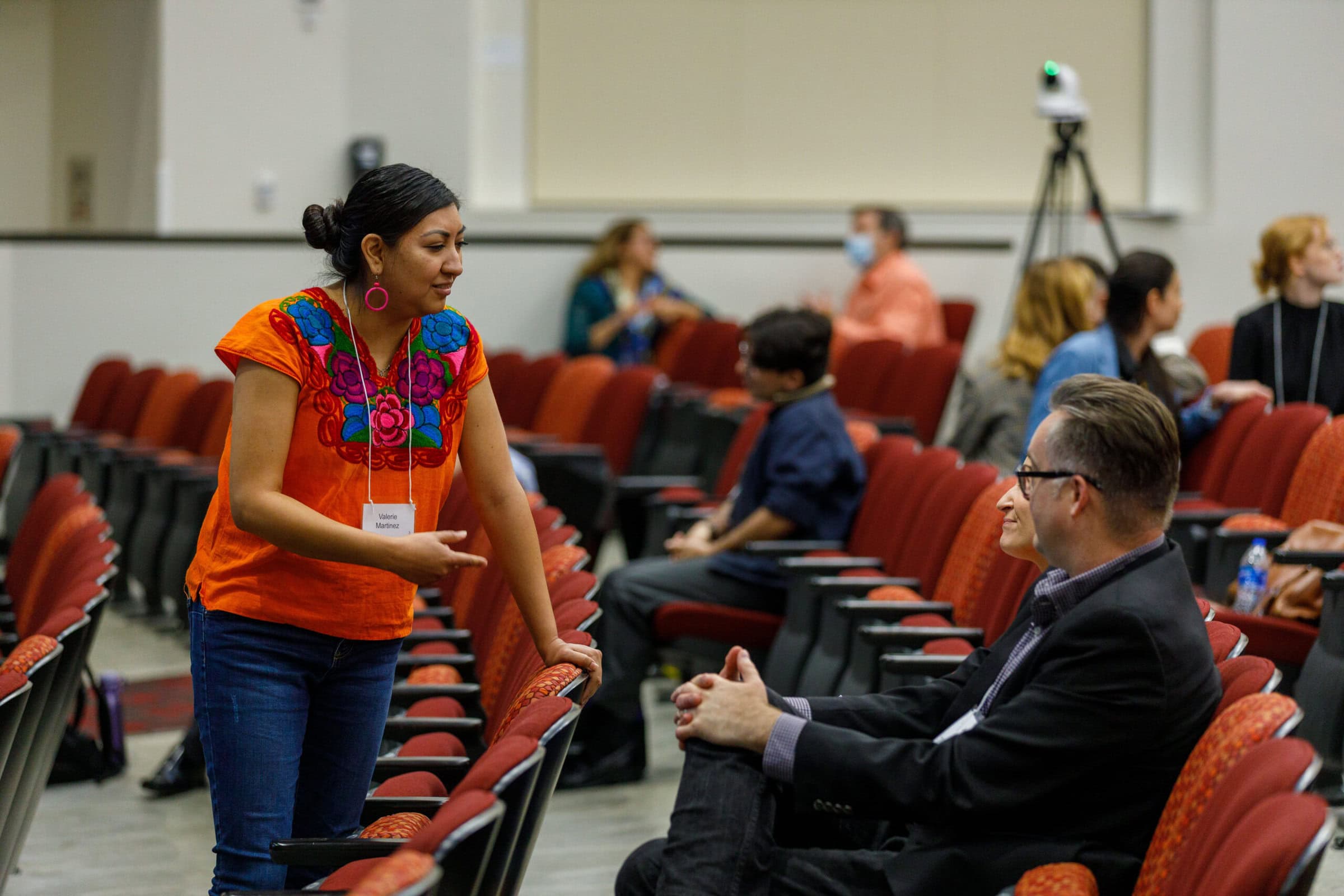
Regional Conferences on Introductory History Courses
Our regional conferences endeavor to strengthen the community of practice focused on introductory history courses, both in secondary and higher education.
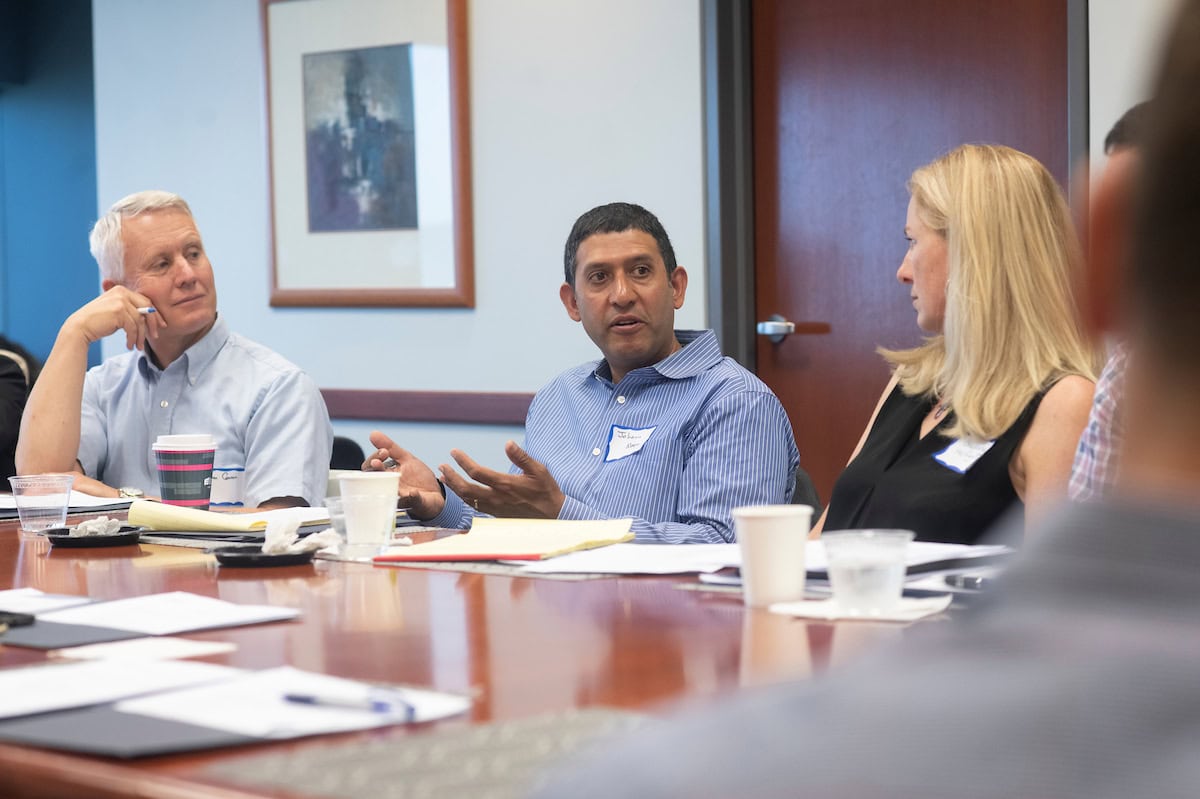
Annual Department Chairs' Workshop
Are you facing the professional challenge of serving as department chair? The AHA offers an annual in-person Chairs' Workshop.
Institutional & Student Memberships
The AHA is committed to helping leaders navigate the challenges facing the discipline of history at colleges and universities, as well as in libraries, archives, and K–12 schools. Institutional members can purchase discounted student memberships for only $30 each.
Resources for Educators
Teaching Things: Material Culture in the History Classroom
Teaching Things: Material Culture in the History Classroom is a new, National Endowment for the Humanities–funded project at the American Historical Association. The digital Object Library helps teachers identify material culture sources for classroom use and includes ready-made resources and materials that teachers can use to craft lesson plans to fit their curriculum. Teaching Toolkits offer plug-and-play resources featuring object-based lessons across fields, time periods, and geographic spaces.

Why Study History
Any subject of study needs justification. Read this classic essay from Peter N. Stearns about why we continue to look to the past to understand the world around us.

#AHRSyllabus
The #AHRSyllabus is a collaborative project from the American Historical Review designed to help teachers and students look "under the hood" at how historians in the early 21st century do the work of history. Each contribution to the syllabus features a practical hands-on teaching module that foregrounds innovative uses of historical method in the classroom.
AHA Resource Library
The AHA’s Resource Library includes hundreds of resources developed or vetted by the AHA and our partners. Our resources range from classroom syllabi, to archival documents from the Civil War, to standards and guidelines for the discipline, and much more.